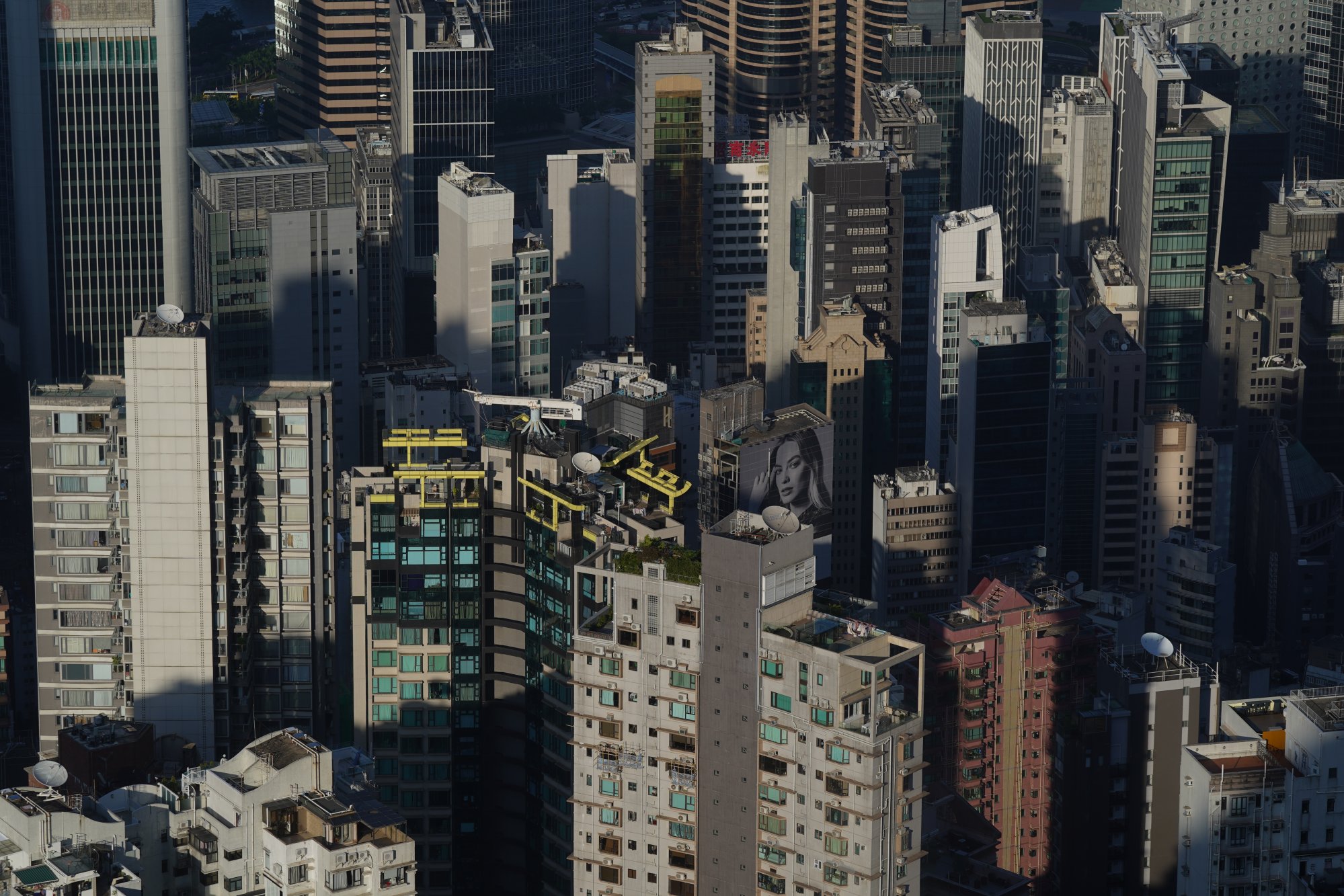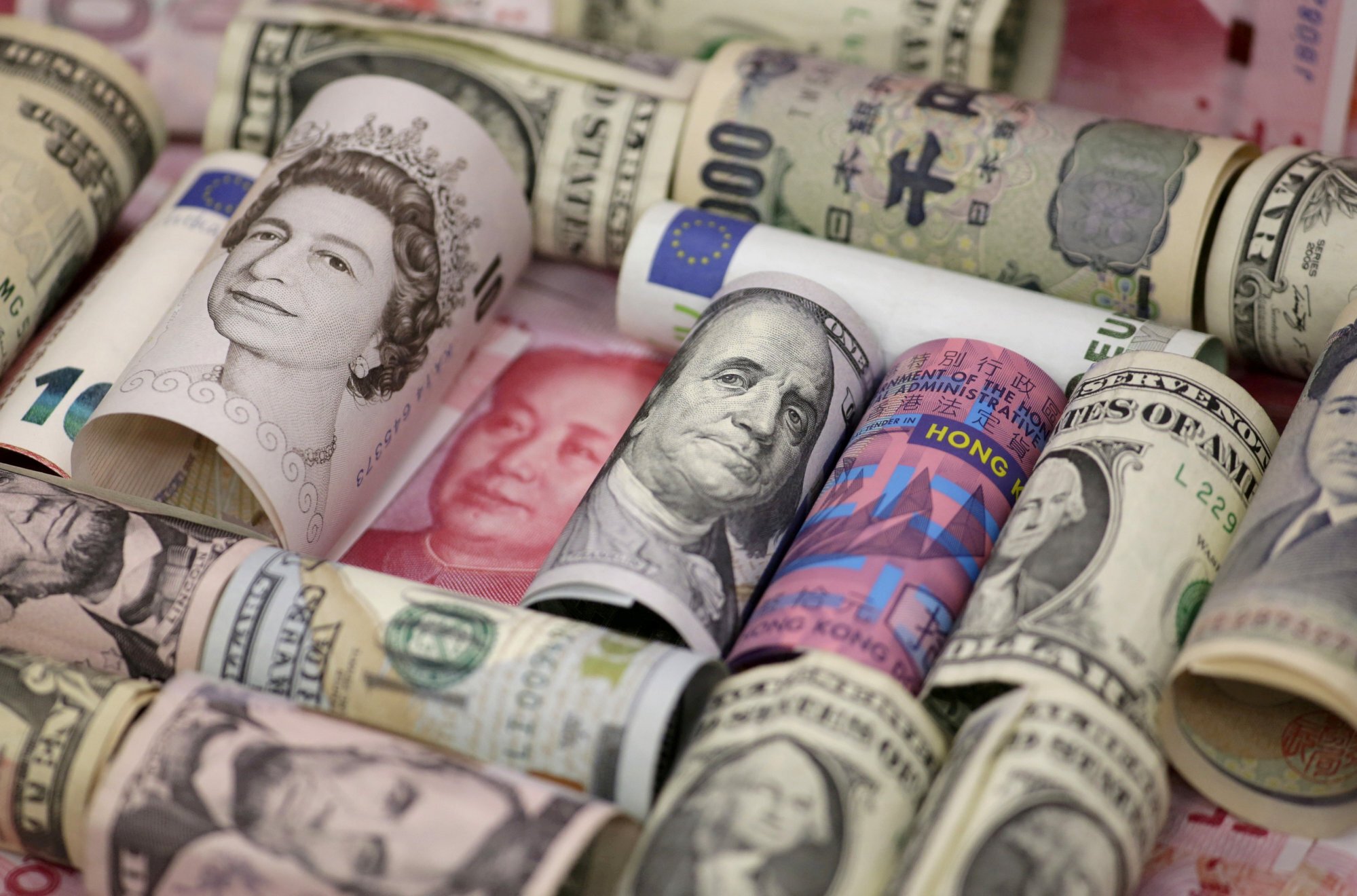
Are Hong Kong property prices, like its hamsters, in the eye of the Tiger?
- Like the song, there are two sides to the boom in the housing market. It’s brash, successful and seemingly unstoppable – but does it also face a grisly end?
- Low interest rates are dying off and the Hong Kong economy, reliant on shopping vouchers, looks moribund. But Neil Newman has spotted the last known survivor

Consequently, today I’m wondering:
-
Is Hong Kong truly such a unique case that the property market can keep going higher forever? I saw a television interview this week of a smart Hong Kong realtor, fresh faced, probably in his early 20s who had never seen anything crash; he assured viewers that prices would keep going up. As more and more expats started to pack up their belongings and got their kids and surviving family pets out, I thought that the Hong Kong Island property market would soften, but it is reportedly as hot as ever.
-
Will the shortage of flats in Hong Kong remain, keeping the property market supported by first-time buyers? As new properties are completed and sold, this should cool prices down, right? Wrong, apparently, as property developers hold on to normal apartments for as long as they can and meet lower-end demand with nano-flats of 260 square feet or less – rotten-value for those with lesser means.
-
Even Discovery Bay, with its relatively spacious living, is getting into nano-flats. Granted, not super-teeny ones such as the 152-228 square foot SOYO development in Mong Kok, but rather 350-412 square footers in a new 1,400-unit development. Twee by DB standards, with a plot ratio 11.6 times higher than currently, but having kicked out the boatpeople and targeted the mega-wealthy with their old berths in the new Lantau Yacht Club, I wonder: does developer HKR International smell an opportunity to sell into an overheated market?
Japan’s quarantine lesson for HK: the state pays, treats you like an adult
Not wishing to dig myself a hole and predict the imminent demise of the Hong Kong property market, I am nevertheless considering the headwinds for friends owning property who have asked me what I think. I will simply ask them back: are you comfortable with the following observations?

-
US interest rates are about to go up, which means Hong Kong mortgage rates are going to head up too because of the Hong Kong dollar-US dollar peg. Inflation in the United States is at 7 per cent and historically, before the global financial crisis at least, interest rates were higher than inflation – it is only since 2008 that they have been suppressed to promote economic recovery and activity. For mortgage-owners to escape this, the Hong Kong Monetary Authority will need to risk de-pegging the Hong Kong dollar – which could be a disaster. So, what does a high interest rate look like? In the early 1980s, the US observed inflation at 15 per cent and interest rates were around 20 per cent. Hong Kong inflation peaked at 18 per cent in 1983.
-
Hong Kong’s 2021 GDP growth of 6.4 per cent is a fudge created by giving money away for free, which appears to be the core of Colliers’s 2022 bullish call on the property market. I don’t buy it. Hong Kong’s economy depends on a commercial flow of money, not shopping coupons. Money comes in, it goes out, and a toll is paid. Hong Kong does not make anything significant and there are no tourist revenues. So, if money slows down, or the balance of flow favours outflows, the economy will tank.
-
Chief Executive Carrie Lam has been under intense pressure to increase the supply of homes, hence the Northern Metropolis Project, the pricey Lantau reclamation scheme, and the possible repurposing of the port. With HKR jumping on the low-end bandwagon, and considering that Hong Kong’s population is falling and more young people are looking to move, will there be a sudden oversupply when these and more new projects near completion?
-
How long will the SAR borders remain in place? Between Hong Kong, mainland China and Macau, border crossings, an unused road link and trains you can’t just hop on and off is a strange setup for a single country. When the borders disappear by 2047, at the latest, there will be a normalisation of prices on either side of the border. Shenzhen property prices are currently half those of Hong Kong.
-
If you take out a 30-year mortgage today, you will still be paying it down after the end of the SAR when many homeowners and apartment complexes will have to renew their land leases. It may seem a long way away, but it will get priced in early, affecting prices and turnover. According to the Legislative Council, there are 2,400 properties in Hong Kong with leases ending in June 2047. The first expires in 2025, and in the New Territories and New Kowloon, 30,000 leases expire along with the SAR with no right of renewal.

With its interest rate exposure, border controls, empty motorways, hamster exterminations, Covid isolation from the world, 6pm lockdown policies and a propensity to fuel economic growth with shopping coupons all threatening the economy and trade, will Hong Kong property be the last known survivor?
Neil Newman is a thematic portfolio strategist focused on pan-Asian equity markets

